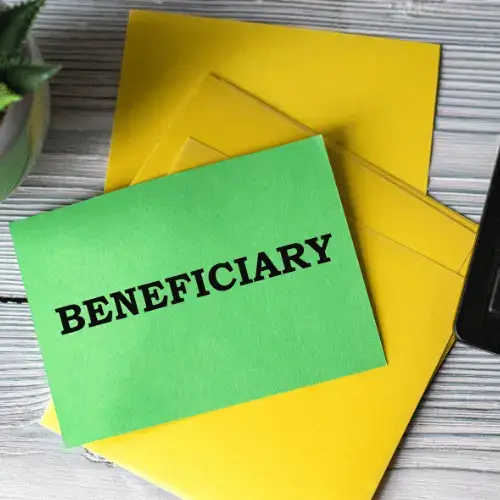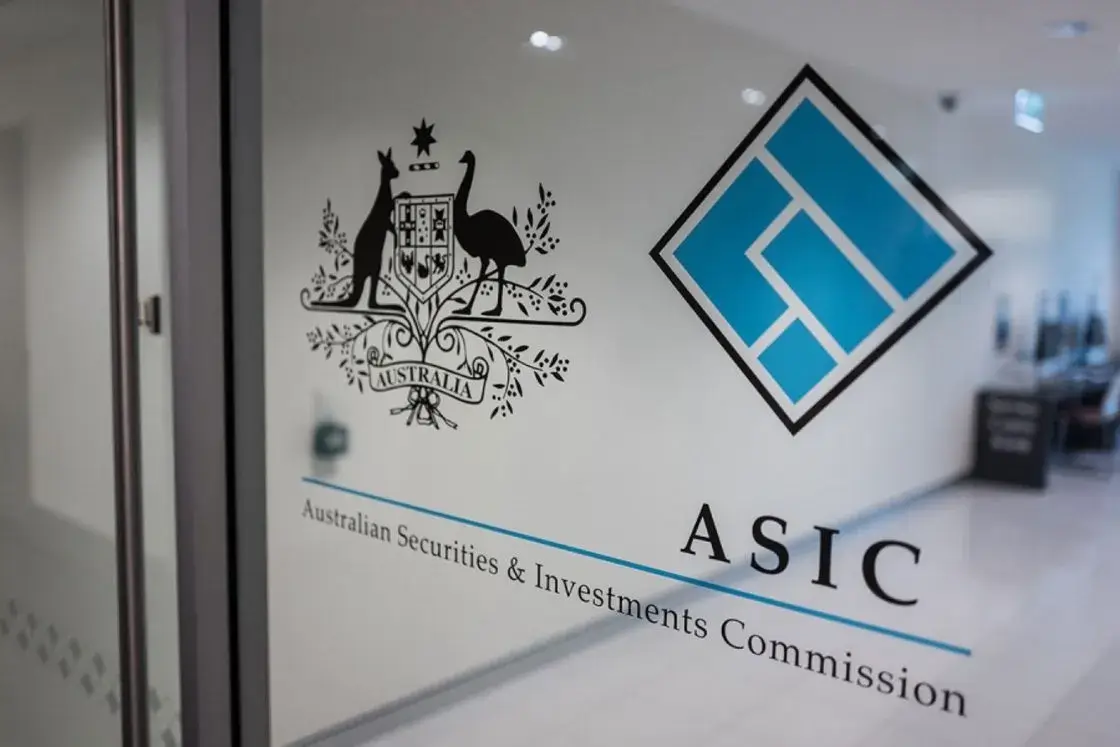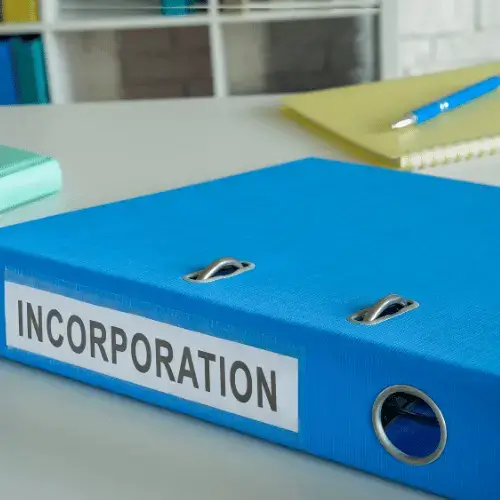Incorporation of Trust in Australia
Only At AU $1,500
Incorporating a trust in Australia involves creating a legal arrangement where a trustee holds and manages property or assets for the benefit of others, known as beneficiaries. Trusts are frequently utilized for purposes such as estate planning, safeguarding assets, and optimizing tax strategies. The main types of trusts in Australia include discretionary trusts, unit trusts, hybrid trusts, and fixed trusts.
Steps to Incorporate a Trust in Australia:
1. Choose the Type of Trust:
- Discretionary Trust: A Discretionary Trust offers significant flexibility in distributing income and capital among beneficiaries, allowing the trustee to decide how and when distributions are made. This is especially useful for tax planning, as distributions can be tailored based on beneficiaries' financial circumstances, reducing overall tax liabilities.
- Unit Trust: In a Unit Trust, ownership is divided into units, with each unit holder having a defined entitlement to the trust's income or assets. This structure provides certainty and transparency for investors, making it an attractive option for those seeking clear rights to distributions proportional to their investment.
- Hybrid Trust: A Hybrid Trust combines the flexibility of a Discretionary Trust with the fixed entitlements of a Unit Trust. This allows certain beneficiaries to receive fixed income while others benefit from discretionary distributions, offering a versatile structure for investors who need both stability and flexibility.
- Fixed Trust: In a Fixed Trust, beneficiaries have fixed entitlements to the income or capital of the trust, ensuring they receive predetermined shares regardless of other factors. This makes it an ideal choice for situations where certainty and predictability of distributions are prioritized.

2. Select a Trustee:
- A trustee can either be a corporate organization or an individual. The trustee has a fiduciary duty to manage the trust assets according to the terms set out in the trust deed and in the best interests of the beneficiaries.

3. Draft a Trust Deed:
- This legal document outlines the rules and terms of the trust, including the roles of the trustee, beneficiaries, and the management of the trust assets. A legal expert or a solicitor generally prepares the trust deed.

4. Appoint Beneficiaries:
- State the beneficiaries who will benefit from the trust. These can be individuals, companies, or other trusts.

5. Settle the Trust:
- The trust is created when a settlor (a third party) transfers a nominal amount (known as the settlement sum) to the trustee to establish the trust.

6. Request an Australian Business Number (ABN) and a Tax File Number (TFN):
- The trustee must apply for an ABN and TFN for the trust from the Australian Taxation Office (ATO). In Australia, trusts are required to submit annual tax returns.

7. Open a Bank Account:
- A separate bank account in the name of the trust is required to manage trust transactions and keep trust assets distinct from the trustee’s personal or business assets.

8. Register for Goods and Services Tax (GST):
- If the trust’s turnover exceeds the GST threshold (currently $75,000 per annum), it must register for GST with the ATO.

9. Compliance with Legal Obligations:
- Trustees are responsible for maintaining proper financial records, lodging tax returns, and fulfilling any other regulatory requirements.
Benefits of Incorporating a Trust in Australia:
- Asset Protection: Trusts can help protect assets from creditors or legal claims.
- Tax Efficiency: Proper structuring of a trust can allow for tax savings through income splitting or deferring tax liabilities.
- Estate Planning: Trusts offer flexibility in how assets are distributed to beneficiaries after the settlor’s death.
- Control: The trust deed can specify exactly how assets are to be managed and distributed.
Trust incorporation in Australia should be undertaken with legal and financial advice to ensure the structure aligns with the settlor’s intentions and complies with relevant laws and regulations.
For a Real Estate - Buy to Let business
A Discretionary Trust is an excellent structure for a Real Estate – Buy to Let business, especially in Australia, due to its flexibility and tax benefits.
1. Flexibility in Income Distribution:
- The main advantage of a Discretionary Trust is the ability to distribute rental income among beneficiaries at the discretion of the trustee. This allows the trustee to allocate income to beneficiaries in lower tax brackets, potentially reducing the overall tax burden.
- For a Real Estate – Buy to Let business, where rental income might fluctuate, this flexibility can help optimize tax outcomes by adjusting distributions annually based on beneficiaries’ financial situations.
2. Capital Gains Management:
- When selling a buy-to-let property, any capital gains realized can also be distributed in a tax-efficient manner. Capital gains tax (CGT) can be minimized by distributing the gains to beneficiaries with lower taxable incomes, ensuring more effective tax management.
- Additionally, discretionary trusts often benefit from the 50% CGT discount, provided the property is held for more than 12 months, enhancing long-term tax planning strategies for real estate investors.
3. Asset Protection:
- A Discretionary Trust can offer enhanced asset protection. Since the assets of the trust are not owned by the beneficiaries, they are generally protected from creditors in case of bankruptcy or legal action against individual beneficiaries.
- This is particularly beneficial in real estate, where assets like properties can hold significant value, making asset protection a priority for risk-averse investors.
4. Succession Planning:
- Discretionary Trusts provide a seamless way to manage succession planning. The trust can continue to hold assets and distribute income to future generations according to the trustee’s discretion. This can be particularly advantageous in a Real Estate – Buy to Let business, where properties are long-term investments, and the trust can ensure a stable succession plan for future family members or beneficiaries.
5. Tax Benefits and Deductions:
- Costs associated with overseeing and maintaining rental properties within a Discretionary Trust, including mortgage interest, property management fees, and repair expenses, are frequently eligible for deductions, which can further improve the tax efficiency of the trust.
- Beneficiaries may also enjoy tax benefits depending on their personal circumstances, allowing for strategic distribution that leverages tax-free thresholds and lower tax rates.
6. Limited Liability:
- The trustee of a Discretionary Trust generally holds limited liability concerning the trust’s activities, meaning personal liability is minimized. However, it is essential to ensure that the trust is appropriately structured and managed to handle this protection.
7. Stamp Duty Considerations:
- When acquiring properties within a Discretionary Trust, stamp duty implications need to be considered. Although stamp duty is payable upon acquisition, careful planning within the trust structure can help minimize additional costs when transferring properties or interests between family members or beneficiaries.
Project Pricing for Trust Incorporation and Associated Services
1. Cost of Incorporating the Trust: AU $1,500
Inclusions:

Government Fees:
All necessary governmental charges and fees associated with the establishment of the trust.

Professional Fees:
Detailed support provided by experienced professionals to ensure the trust is set up correctly and in compliance with relevant regulations.

Tax Advisory Fee:
Initial tax consultation to guide you through the tax implications and benefits of the trust structure, ensuring you're making the most informed decisions.
2. Deed of Variation: AU $1,000
If changes to the trust’s terms become necessary in the future, a Deed of Variation will be required. This legal document allows you to make changes to the trust deed while maintaining its validity and compliance with Australian law. The fee for drafting and processing a Deed of Variation is AU $1,000.
3. Additional Options
Company Trustee: AU $900
A company trustee can provide additional layers of protection and control over the trust’s assets. Should you decide to establish a company as the trustee, the cost of incorporation is AU $900 , which includes:

ASIC Fees:
AU $590 (Australian Securities and Investments Commission fee for company registration).

Incorporation Service:
Professional handling of the incorporation process, ensuring that all legal and regulatory requirements are met.
4. Annual Trust Tax Return (Form TFN): AU $540
Scope of Work:

Filing of the Annual Trust Tax Return:
Our service includes the preparation and filing of the annual tax return for the Discretionary Trust, ensuring compliance with all relevant tax laws and regulations.
Fee: AU $540
Service Quality:

Licensed CPA:
The tax return will be handled by an Australian-based Certified Public Accountant (CPA) who is well-versed in trust taxation, ensuring accurate and compliant filing.
Deadline: The trust tax return is due by October 31st each year. We recommend starting the process well in advance to avoid any last-minute complications.
Why Choose Meru Accounting for incorporating Trust in Australia?
- Expertise and Experience: Our seasoned professionals bring extensive experience in trust formation and tax advisory. We ensure your discretionary trust is set up and maintained with full compliance with Australian laws.
- Tailored Solutions: We offer customizable options to meet your specific needs, including adding a company trustee or planning for future amendments with a Deed of Variation.
- Peace of Mind: You can rely on us for precise handling of your trust and associated filings, allowing you to focus on your real estate investments with confidence.
- Comprehensive Support: From setup to ongoing administration, our dedicated team provides end-to-end support, ensuring smooth management of your trust.
- Transparent Pricing: Our pricing is clear and upfront, covering all government and professional fees, so you can budget confidently without hidden costs.
By choosing Meru Accounting, you gain a trusted partner dedicated to optimizing your trust structure and ensuring your real estate investment endeavors are well-supported and compliant.
WE’RE HAPPY TO ANSWER
CONTACT US FOR ANY QUESTIONS
- Level 8/350 Collins Street, Melbourne VIC 3000, Australia
- +61 8 7150 1402
SERVICES
© 2013-2026 Meru Accounting. All Rights Reserved.
Request Call Back

Meru Accounting
First Month Bookkeeping Free !
- Free Trial for First month Bookkeeping services worth $95
- Get Monthly Financial Statement( Click here )
- Dedicated Accountant with Backup person for each Business
- Latest Infrastructure with Great IT security
( Virtual Tour to our office ) - Tax Filing Starting at just $350 ( Federal + 1 State )
This will close in 0 seconds
Calendly
This will close in 0 seconds
Request Call Back OnClick

Meru Accounting
First Month Bookkeeping Free !
- Free Trial for First month Bookkeeping services worth $95
- Get Monthly Financial Statement( Click here )
- Dedicated Accountant with Backup person for each Business
- Latest Infrastructure with Great IT security
( Virtual Tour to our office ) - Tax Filing Starting at just $350 ( Federal + 1 State )
This will close in 0 seconds
Office Video
This will close in 0 seconds
QBOGOV
This will close in 0 seconds





